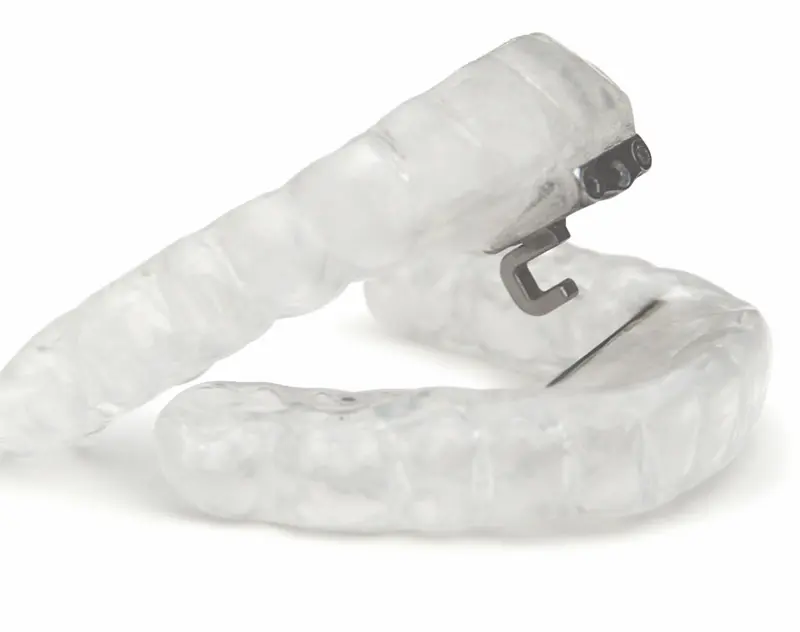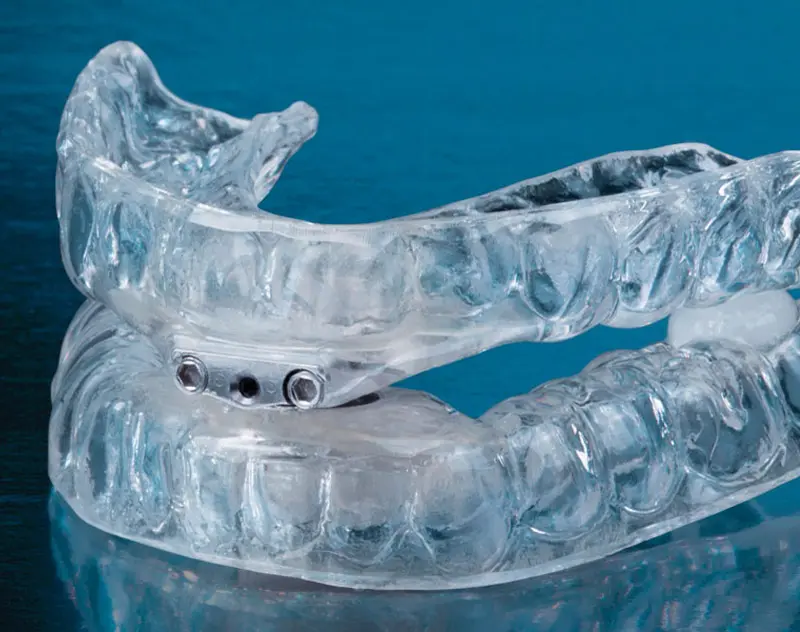- No noise from machines or in-mask breathing
- Easy to clean
- Small and portable
- Convenient for travel
- No electricity required
- Comfortable and easy to use
- Reduce or prevent bruxism (grinding)
- No hoses to get tangled in during sleep
- No mask to cause skin irritations
- No feelings of claustrophobia
CPAP not working?
You’re not alone. Approximately 83% of CPAP patients quit or are inconsistent in their therapy.
When a patient cannot tolerate CPAP, they neglect to use it. This non-compliance is referred to as CPAP intolerance or CPAP failure.
CPAP failure is often caused by issues outside of your control:
- Seasonal allergies or ongoing congestion
- Nasal, sinus or upper palate issues (such as a deviated septum)
- Skin irritation on face
- Nasal irritation, dryness or bleeding
- Claustrophobia or sensation of suffocation
- Respiratory infections
- Abdominal bloating & gas
- Machine disturbs sleep (or partner’s sleep)
These and other issues make CPAP failure common for many obstructive sleep apnea sufferers.
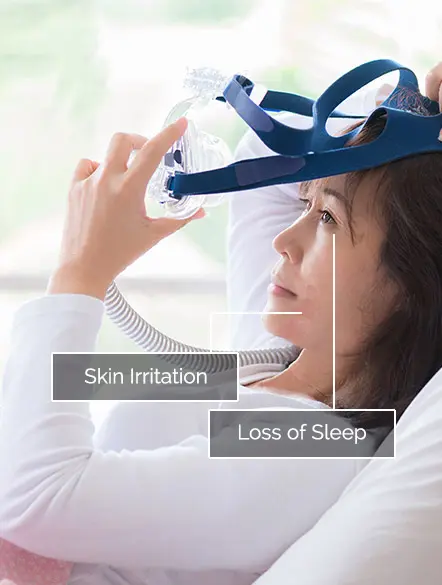

Hate traveling with CPAP?
Added Stress
Whether it’s for vacation or work, travel can be stressful. Traveling with a CPAP machine is an added inconvenience. The additional weight of the machine and getting through security checkpoints can make traveling with a CPAP frustrating.
Added Challenges
Plus, once you arrive at your destination you’ll need to find distilled or deionized water for your humidifier. Then hope there’s an electrical outlet close to your bed. And, if traveling internationally, you’ll need the correct adapter.
Added Failure
Traveling during inclement weather or to remote surroundings can lead to problems with power reliability. These scenarios require you to choose between carrying a back-up battery or going without your treatment. This also contributes to higher failure or non-compliance rates.
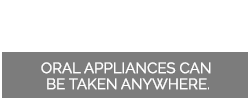
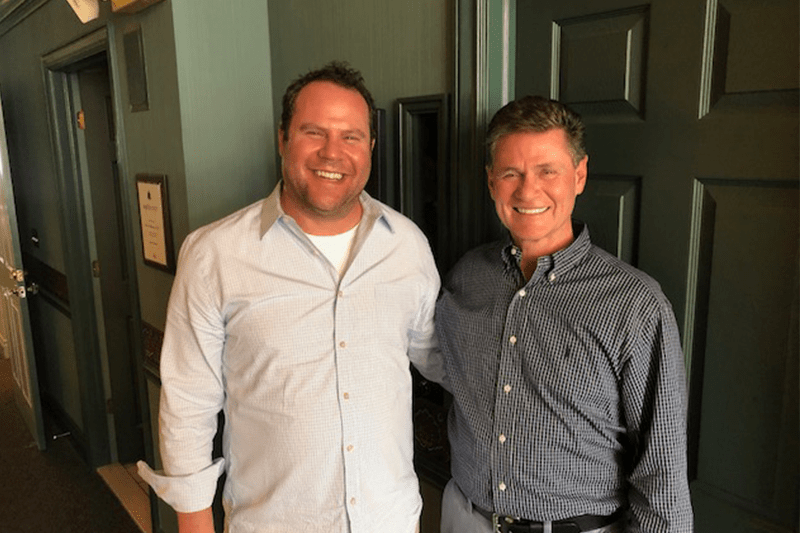
What’s the process?
The process is simple. First, come in for a free consultation, together we’ll determine if this is the right option for you. If it is, we’ll coordinate with your insurance company for coverage.
Second, we’ll custom fit your new oral appliance.
Third, you enjoy a good night’s rest.

At-Home Sleep Test
A comfortable alternative
If during your consultation it is determined that you should undergo a second sleep test, we will assist you in ordering a convenient and accurate home sleep test. In the comfort of your own bed, you’ll wear the testing device while sleeping. A Board Certified Sleep Physician will interpret the data and we will contact you to discuss your results.
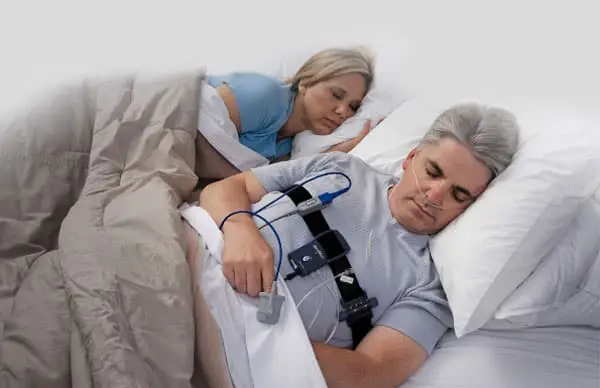

Michigan Dental Sleep Center
Serving this Michigan area since 1983.
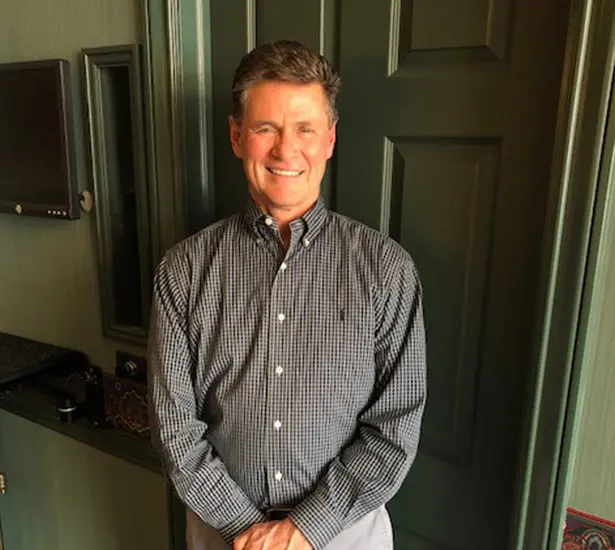
Dr. Mark Williamson
Dr. Mark Williamson has been practicing dentistry in Flushing for more than 30 years. He is a member of The American Dental Association (ADA), Michigan Dental Association (MDA) and the American Academy of Dental Sleep Medicine (AADSM). For the last few years, Dr. Williamson has changed his focus from practicing traditional dentistry to treating patients who suffer from Obstructive Sleep Apnea (OSA).
More about Dr. Williamson
Dr. Williamson learned about the role that a dentist can play in the treatment of OSA through his daughter, a Physician’s Assistant who treats OSA herself. She explained to her father that there was a void in the treatment of OSA because there were not enough qualified dentists with the understanding of how to treat these patients.
Dr. Williamson, who suffers from OSA himself, understands the devastating effects that this disease can have on a person’s quality of life. After following the route of traditional diagnosis and treatments including Home Sleep Tests, Laboratory Sleep Tests, CPAP and Bi-pap therapy, Dr. Williamson became very motivated to help himself as well as others who are stricken with this disease.
Dr. Williamson currently has over 140 hours of continuing education in Dental Sleep Medicine and has been recognized by the AADSM as having the “Qualified Dentist Designation”.
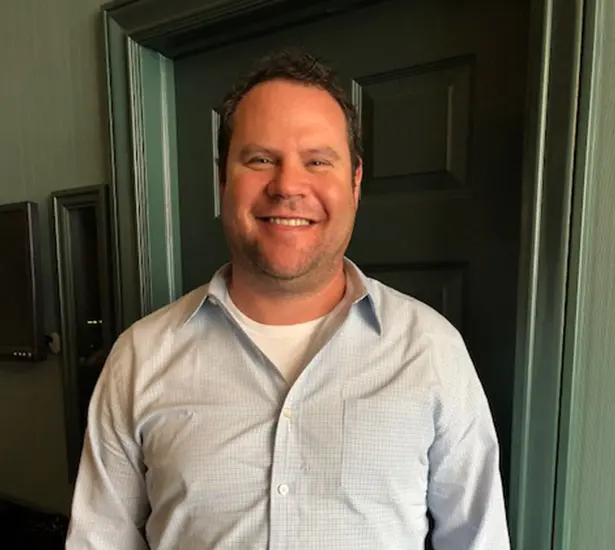
Dr. Chad Witkow
Dr. Chad Witkow received his Bachelor of Biological Sciences degree in Physiology from the Michigan State University- Lyman Briggs College of Natural Sciences in 1997. He then earned his Doctorate of Dental Surgery degree from the University of Detroit Mercy in 2002. He is an active member of the American Dental Association, the Michigan Dental Association, and the Genesee District Dental Society.
More About Dr. Witkow
He regularly advances his dental knowledge through continuing education with a recent focus on the field of sleep dentistry. He received an Obstructive Sleep Airway Certification from O.S.A. University after being a DentalSleep Medicine Team Member. This coursework provides him with the opportunity to keep his skills at the highest level and learn the latest techniques available from the best dental clinicians in the world.
Dr. Witkow spends his time away from the office with his wife Jen and son Elijah. He enjoys music, going up north to vacation, cooking out in the summer, relaxing with family and friends, and keeping up with all the Michigan sports teams.
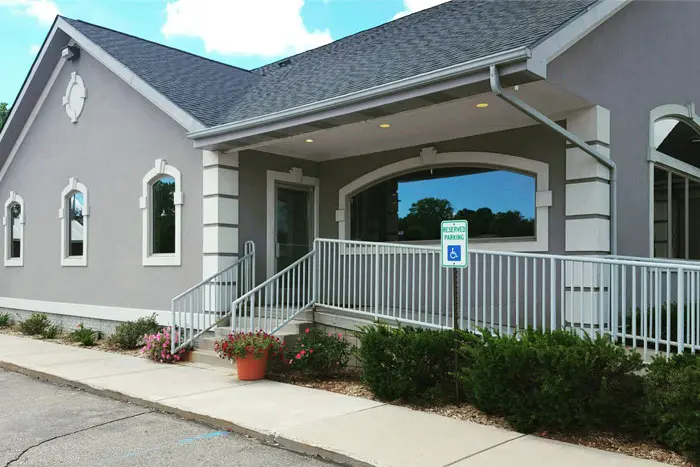
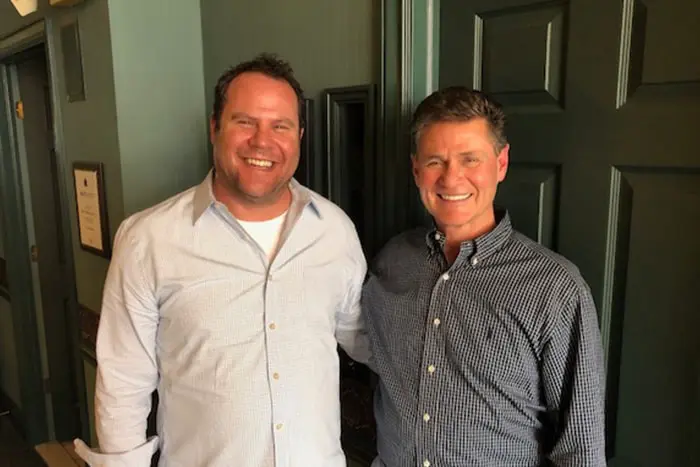
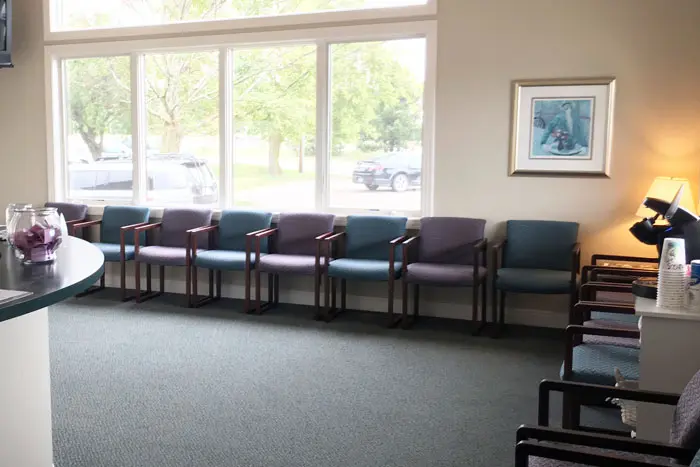
Reviews
For Michigan Dental Sleep Center



